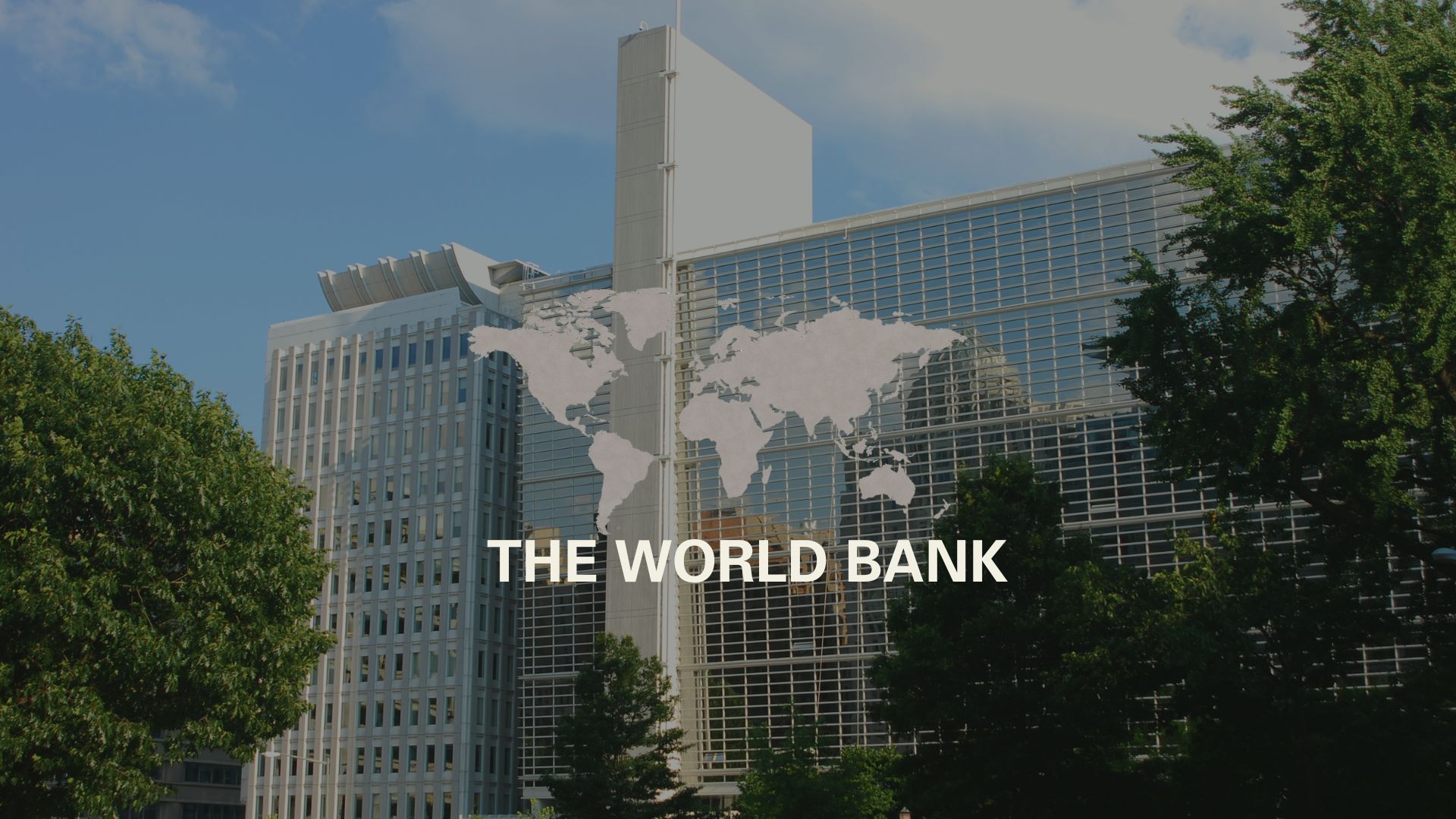The establishment of the Inspection Panel marked a significant development, driven by the pressure exerted by people’s movements and civil society organizations (CSOs), during a period when the World Bank Group operated under the shield of absolute immunity. Representing a bold experiment in bolstering transparency and accountability within the Bank, the World Bank Inspection Panel (the IPN’s) three-decade journey has been characterized by different highs and lows. The Bank, buoyed by its perceived insulation from legal consequences, indulged in weakening the mandate of the IPN time and again, armed with the confidence that except for some irritant NGO community, it doesn’t have anything else to lose.
However, the landscape shifted with the 2019 judgement by the US Supreme Court, which declared that the World Bank does not enjoy absolute immunity. This judicial ruling has the potential to be a transformative factor for both the Bank and IPN. Its ramifications compel a re-evaluation of power dynamics, governance structures, and accountability mechanisms.
For the Bank, navigating the new pathways necessitates a recalibration of its practices and approach. The once-steadfast shield, now punctured by legal vulnerabilities, demands a more transparent engagement with affected communities, robust project assessments, and diligent adherence to safeguards. The loss of complete immunity presents the Bank with an opportunity, perhaps even an imperative, to enhance its mechanisms for addressing grievances, such as bolstering the implications of IPN findings.
Liberated from the shadow of the Bank’s absolute immunity, the IPN’s capacity to scrutinize, recommend, and demand corrective actions assumes renewed significance. The IPN’s findings and recommendations relating to policy non-compliance may now be relevant to subsequent legal actions brought by affected communities, ushering in potentially new consequences for lapses in adherence to policies and standards.
The US Supreme Court’s landmark decision has the potential to redefine not only the contours of accountability within the Bank but also the landscape of global development finance. As the Bank adjusts to the ramifications of this ruling, the IPN stands poised as a dynamic agent of change, assuming a pivotal position in a more transparent, accountable, and equitable future for international development initiatives.
Read the full article here: The World Bank the Inspection Panel & Immunity
This essay was first published in ‘Digital Commons’ a publication of the American University Washington College of Law
Centre for Financial Accountability is now on Telegram and WhatsApp. Click here to join our Telegram channel and click here to join our WhatsApp channel and stay tuned to the latest updates and insights on the economy and finance.

